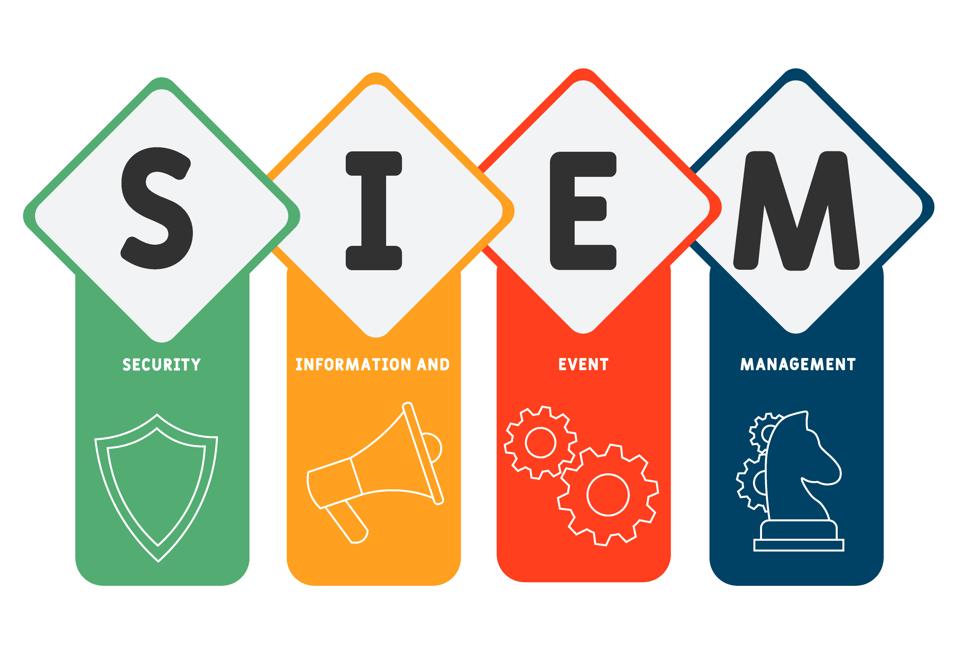What is SIEM? – Cybersecurity has become a top priority for companies around the world as threats grow more complex. One of the most effective solutions to address this issue is SIEM (Security Information and Event Management). With SIEM, organizations can monitor, detect, and respond to threats in real time by analyzing data from multiple sources within their infrastructure. Its ability to identify threats more quickly and accurately makes SIEM a vital tool in protecting company data and systems. Read on to discover more about SIEM and its role in preventing cyberattacks.
What is SIEM?
Security Information and Event Management (SIEM) is an integrated approach to managing information and security within an organization. SIEM combines technologies, processes, and security policies to provide a comprehensive view of events and activities happening within an information system.
SIEM is also known as a log management system because of its function of collecting data or logs from various points such as databases, firewalls, servers, networks, and more. The monitoring results from SIEM come in the form of reports or notifications regarding specific incidents. This tool collects and reports on dangerous events, such as unusual login attempts. SIEM’s alerting system also activates when suspicious activity is detected. In addition, SIEM can stop an attack by automatically disconnecting a host to minimize its impact.
Core Concepts of SIEM
After understanding what SIEM is, here are some core concepts you also need to know:
- Security information
The first stage of SIEM involves collecting and analyzing security-related data from various sources across the company. This includes security logs from hardware, software, networks, and applications. The data provides a comprehensive understanding of security activities across the company’s environment. - Event management
Event management works to manage various events within networks and systems by collecting and storing data from every activity. This process ensures all relevant information is identified, documented, and available for further analysis. - Security management
Security management involves analyzing and interpreting data to detect potential threats. This includes continuous monitoring of activities, early identification of suspicious behavior, as well as generating reports and necessary actions to handle security incidents.
Key Roles of SIEM
Here are some of the main roles of SIEM:
- Log management: One of SIEM’s main functions is log management, which includes collecting, storing, and analyzing log data from various sources. Logs record all activities within the IT infrastructure, including hardware, software, and security systems. By analyzing logs, organizations can identify patterns or unusual activities that could be potential threats.
- Real-time monitoring: SIEM allows direct (real-time) monitoring of activities occurring within networks or systems. This feature helps detect threats or suspicious behavior quickly. With instant alerts or notifications, companies can immediately take action to address potential security risks.
- Incident response: SIEM comes with incident response features that allow security teams to quickly follow up on detected threats. The system can alert administrators, assist in investigations, isolate threats, and execute automated actions in accordance with established security policies.
- Advanced analytics: By leveraging advanced technologies such as machine learning and threat intelligence, SIEM can detect anomalies and complex threats that are difficult to identify using conventional methods. This advanced analysis improves detection accuracy and helps organizations anticipate increasingly sophisticated cyberattacks.
How Important is SIEM?
SIEM plays a crucial role in detecting threats early, enabling rapid response to attacks, and ensuring compliance with security regulations such as GDPR, HIPAA, or PCI DSS. Moreover, by storing security logs over the long term, SIEM supports forensic analysis to understand attack patterns and prevent similar incidents in the future.
SIEM also helps companies optimize their security resources by improving detection and response efficiency, allowing security teams to work more effectively without being overwhelmed.
Want to learn more about how SIEM can benefit your business? Contact our team today.
A strong IT infrastructure is the key to business productivity. With iLogo Malaysia, you can get complete IT solutions tailored to your needs. iLogo Malaysia, as your trusted partner, is ready to integrate everything so that your business continues to run smoothly and securely.
Contact us now or visit ilogomalaysia.com for more information!
